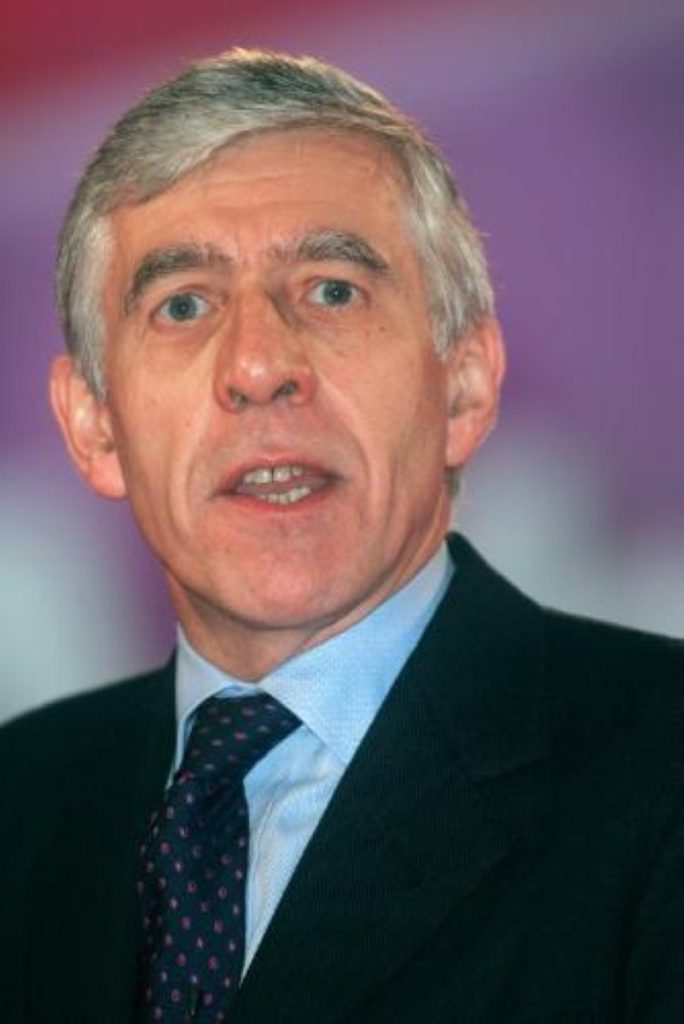Straw rejects caps on party donations
Jack Straw has rejected the idea of imposing a limit on donations to political parties, ahead of a review into party funding this autumn.
The leader of the House of Commons said that although “theoretically a good idea”, capping donations from individuals or organisations in the US had led to the creation of hundreds of single-issue parties which stood outside the law.
However, the Conservatives accused Mr Straw of attempting to protect donations from trade unions, which made up almost three quarters of all donations to the Labour party in the three months to June.
“It should come as no surprise that Jack Straw is against a cap on donations. The fact is that undue influence is already being wielded – by the unions,” said Tory chairman Francis Maude.


He added: “Jack Straw’s comments just show that he’ll come up with any excuse to keep the cash flowing.”
Former top civil servant Hayden Phillips has been asked by the government to look into the issue of party funding in the wake of the cash for peerages row, where the main parties were accused of using a loophole in the law to hide their financial backers.
The Political Parties, Elections and Referendums Act 2000 requires all donations over £5,000 to be declared to the Electoral Commission, but loans given at a commercial rate of interest do not need to be made public.
This year’s Electoral Administration Act has closed this loophole but the Phillips review will look at how party funding can be reformed further.
In a speech to the Electoral Commission yesterday, Mr Straw said making the system more transparent was not enough. He called for new caps on party spending to reflect the growth of local campaigning and continual nature of modern election campaigns.
He also said that state funding of parties must be looked at in a “more imaginative” way – however, he rejected outright the suggestion that donations to parties be capped.
“Caps are by no means the straightforward answer. The US experience.[has] given birth to an entire avoidance industry of third-party single-issue and negative campaigning organisations,” he said.
Mr Straw added: “The effect of the campaign finance rules has been to channel money away from mainstream political parties into single-issue organisations, which are becoming increasingly powerful.
“That is not to say that single issue groups do not have a part to play in the political process, but they should not become a substitute for – or exercise undue influence on – political parties.”
However, Mr Maude reacted angrily to Mr Straw’s comments, which also called for a political consensus on the issue of party funding.
“Labour gets three quarters of its donations from the unions and in return gives them pet policies and bungs with taxpayers’ money,” the Tory party chairman said.
“That’s why we put forward proposals earlier this year to clean up politics, including a cap on political donations, whether from an individual, a company, or any other institution, including a trade union.”












